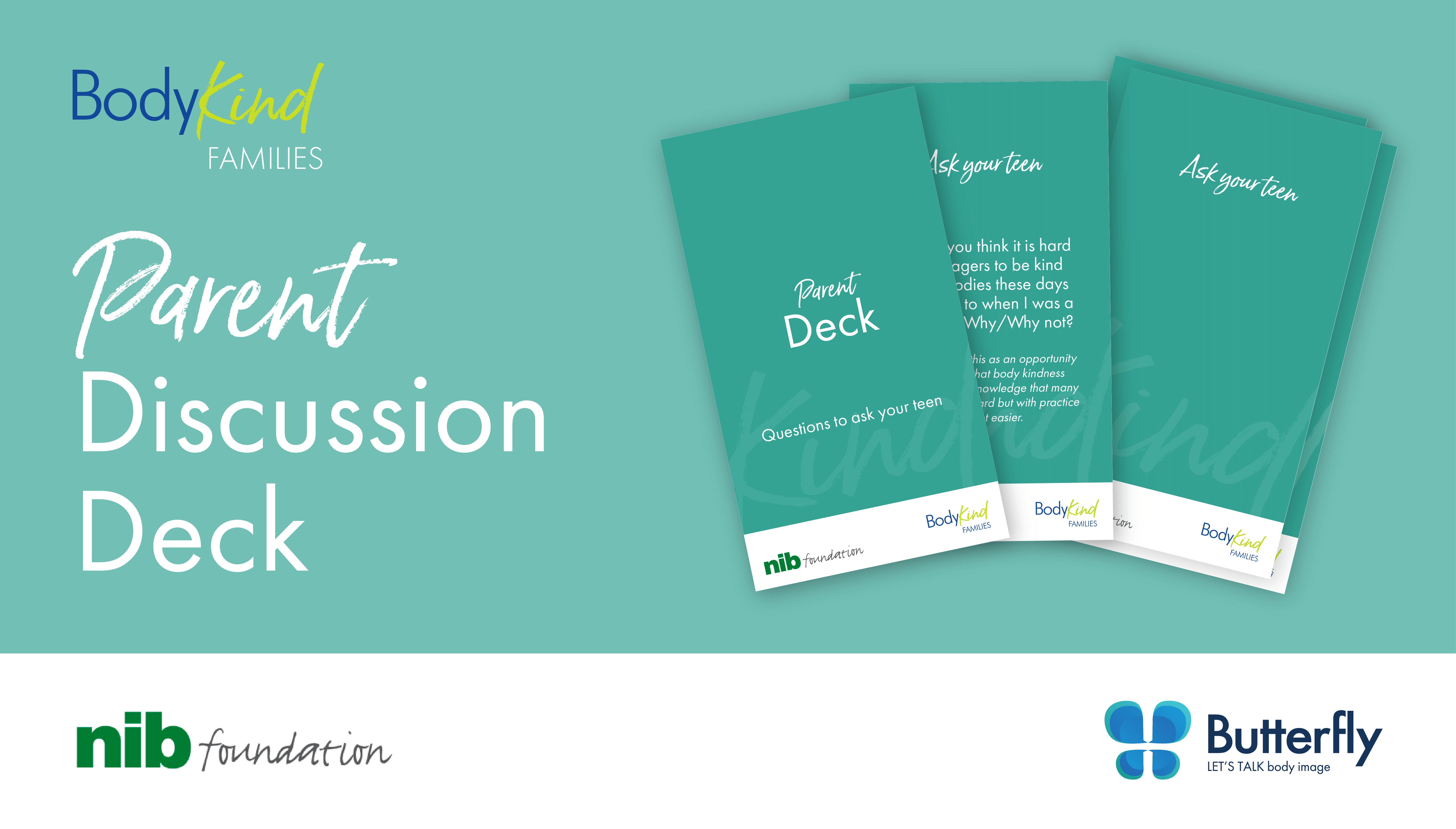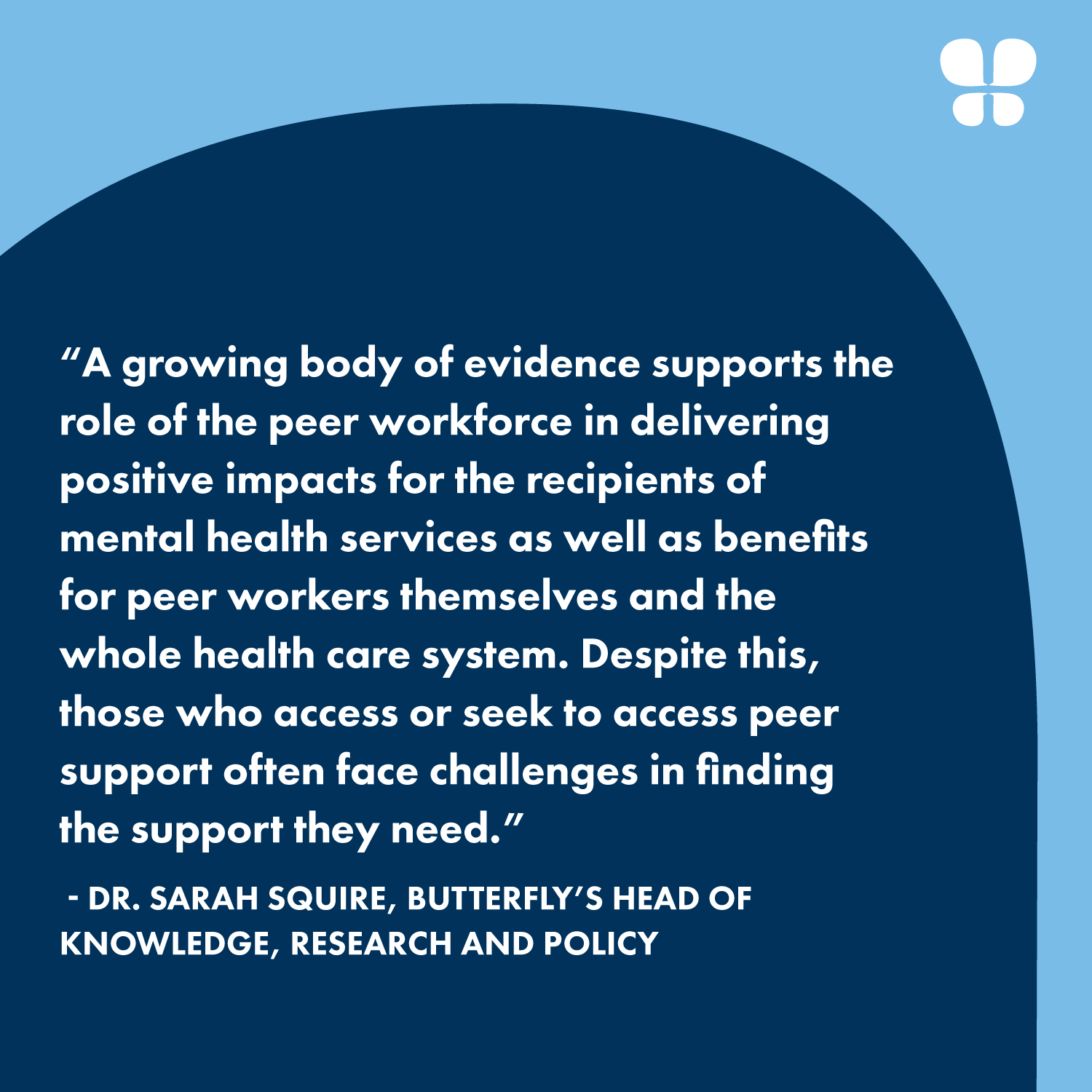How parents can act early and support a positive body image
“We are the ones who know our children best but can still easily miss the signs. It’s important to know how to talk to our often-temperamental teens about this stuff without them shutting down the topic or conversation.”
Children’s mental health and in particular body image, is an area many parents recognise as being important and one in which they have an important role to play.
The home and family environment, and more specifically the messages received around body image, healthy eating and physical activity, is one of the most significant influences on a child’s developing self-esteem and body image.
How parents talk about their own or other bodies, the value they place on appearance, weight, shape and size can all transfer to young people. Importantly, family dynamics can also help buffer some of the really strong socio-cultural influences on body image such as social media and peers.
“Although teenagers start to ‘push away’ from parents, I still believe that teenagers are watching, listening and learning from us all the time.” -Parent
Body dissatisfaction is a significant risk factor for the development of disordered eating and eating disorders. Over a third of young people saying they are extremely concerned or concerned about body image (Mission Australia Youth Survey 2021), and only 9.5% of girls and 25% of boys say their weight is not important to the way they feel about themselves (Longitudinal Study of Australian Children, AIFS, 2018).
Unfortunately, negative body image starts young, with greater body image concerns from ages 5 to 7 shown to predict dieting by age 9, and restrictive dieting is a significant risk factor in the development of eating disorders.
Know the signs. Act early.
This Body Image and Eating Disorder Awareness Week (5-11th September, 2022) encourages everyone to play their part in early intervention, recognising the signs and symptoms of eating disorders before the illness becomes serious and entrenched.
It’s critical that parents learn how to create a home environment that fosters positive body image, and healthy eating and exercise behaviours and to be aware of the warning signs and to intervene early if concerned, so that body image issues don’t develop to become serious mental health issues.
This need has never been higher. COVID-19 has negatively impacted the wellbeing of people around the world. Many have proved themselves to be extremely resilient but for those already struggling with their mental health, prone to anxiety or already experiencing a difficult relationship with their body or food, these issues have been exacerbated by COVID-19.
For example, there was a 63% increase in presentations to the Royal Children’s Hospital Eating Disorder Service in Melbourne during 2020 with timings corresponding to more stringent restrictions.
Butterfly has also experienced a similar ‘pandemic effect’. Webchat contacts to Butterfly’s National Helpline increased by 116 per cent between 2020-21 and enquiries for Butterfly’s education services for schools also increased by 150% at the beginning of 2021 (compared with 2020), reflecting the spike in young peoples’ eating disorders and body image issues being highlighted by schools.
Knowing when to be concerned
Body Kind Families aims to create home environments that support healthy body image so that they are positive spaces where all members can thrive. By learning to celebrate, appreciate and respect all bodies and through striving to be kinder to our bodies, we are working towards a more Body Kind future for Australia. One where young people grow up feeling good in their bodies.
In 2021, over 3,820 families registered to become a Body Kind Family and access evidence-informed information and practical tips to support a positive body image in teenagers, that encourages everyone in the home to extend kindness to their own body and to others.
After completing the program, more than 85% of evaluation participants agreed or strongly agreed they were able to support their children in relation to key risk factors for body dissatisfaction and eating disorders, such as appearance commentary, appearance-based teasing, and navigating social media influences.
Positively, over 93% of participants also agreed they would recommend the program to other parents, that the program was easy to understand, and they liked the format of the resources.
Body Kind Families was born after Butterfly became aware of the gap in resources that exist for parents and caregivers around these topics and their growing need and desire to feel empowered to better support their teens developing body image. A further need was the ability to recognise the warning signs of something more serious, and knowing what to do if they are concerned.
Parents, caregivers and the home environment play a significant role when it comes to the forming of positive attitudes, values and behaviours towards eating, physical activity and body image.
By supporting teenagers to become resilient and better equipped to navigate body image issues, we are helping to protect future generations from developing serious mental and physical health issues including poor body image, disordered eating and eating disorders.
How can Body Kind Families help?
Body Kind Families content is based around a series of topics that parents told Butterfly were important to them. Parents who were surveyed for the project talked about wanting their children to grow up happy and healthy, so they can become the best versions of themselves. They recognised their role in helping their children create lifelong healthy habits and deal with the expectations and pressures placed on them at different life stages.
“As parents we are children’s first and hopefully ongoing teachers/sources of information/safe place for discussion.” – Parent
They saw knowledge as power, particularly with regard to their ability to identify problems and act early ,and there was a very strong focus on wanting to know how to talk to their child around this topic.
As such, Body Kind Families includes information and activities on:
- Positive role modelling
- Building resilience to social media pressures
- Knowing how to respond to your teen if/when they speak negatively about their body
- Talking to your teen about their own and others appearance and body size and shape
- How to encourage healthy relationships with eating and physical activity
- Becoming more body compassionate as adults
- What to do if the teen in your life is struggling with their body image or eating and exercise behaviours.
Each topic includes a bite-size video and accompanying tips sheet with suggested conversations starters and audio resources for listening on the go. There are also activities which encourage families to practice body kindness and explore what this means to them and their family. One example is the Let’s Talk Being Body Kind Discussion deck, helping to have an open discussion around body image.

Only one in 10 Australians can recognise the signs and symptoms of an eating disorder. Body Kind Families also provides parents with factsheets on the warning signs, when to be concerned, and how best to approach someone you care about who might be struggling.
All content is designed to boost parents’ confidence to make positive changes, initiate conversations and respond in helpful ways. Families can also take part in free live webinars offered in August and September as part of Body Kind Families.
“Access to information that body dissatisfaction can lead to eating disorders and that early intervention can help is crucial in helping parents act immediately.”
Body image is the thoughts, feelings and attitudes we have about our bodies and how we look, so this impacts everyone! The Body Kind Families initiative can help anyone wanting to understand more about body image and healthy eating and exercise behaviours in young people – parents and carers, extended family member or professionals working with young people, anywhere in Australia. The more we understand, and the more we can practice being kind to our bodies, the better.
Get support
If you are worried about your child/young person, if their eating and exercise behaviours are concerning you, if their language and attitudes about themselves, their body, weight or shape and/or their mental health is struggling, it is always better to seek support sooner rather than later. Know the signs. Act early.
Seek professional support – a GP is a good place to start. In many cases it is most helpful for parents to speak to a health professional on their own first or contact the Butterfly National Helpline on 1800 ED HOPE (1800 33 4673), chat online or email support@butterfly.org.au – 7 days a week, 8am-midnight (AEST).
About Body Kind and Butterfly Education Services
Body Kind Families is one part of Butterfly’s broader Body Kind annual awareness initiative which is about creating environments (schools, homes, sporting clubs, online) that support positive body image for young Australians. The kinder, more accepting and respectful a person can be to their own body, and to others, the more satisfied they will feel.
Butterfly connects with thousands of young people every year, sharing positive, strength-based strategies to support body confidence and encourage help-seeking. Butterfly Education Services have been operating since 2007 and in that time have reached more than 1.5million young people, trained in excess of 9,000 professionals and spoken to thousands of parents and carers.

Butterfly is incredibly grateful for opportunities to strengthen our prevention programs in the community. The support of the nib foundation helped to fill an important gap around information for parents, enabled us to deliver a significant amount of new and innovative resources on which we can continue to build, to bring about powerful and positive changes in homes throughout Australia.






















